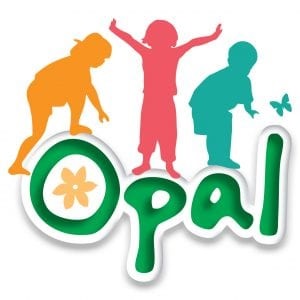English
English at St Philip Howard:
Intent
At St Philip Howard we believe that a quality English (Literacy) curriculum should develop children’s love of reading, writing and discussion. We have an English curriculum that provides many purposeful opportunities for reading, writing and discussion. Our curriculum closely follows the aims of the National Curriculum for English 2014 to enable all children to:
- read easily, fluently and with good understanding
- develop the habit of reading widely and often, for both pleasure and information
- acquire a wide vocabulary, an understanding of grammar and knowledge of linguistic conventions for reading, writing and spoken language
- appreciate our rich and varied literary heritage
- write clearly, accurately and coherently, adapting their language and style in and for a range of contexts, purposes and audiences
- use discussion in order to learn; they should be able to elaborate and explain clearly their understanding and ideas
- are competent in the arts of speaking and listening, making formal presentations, demonstrating to others and participating in debate.
These aims are embedded across our literacy lessons, our Catholic teaching and the wider curriculum. We will provide the means for children to develop a secure knowledge-base in Literacy. We provide support so that all children experience success in literacy. We believe that a secure basis in literacy skills is crucial to a high quality education, and prepares our children to be able to participate successfully in society.
How do we do this?
In Reception children are introcduced to writing through Drawing Club, this continues in the first term of Year 1.
We then follow the National Curriculum and 'HFL Essential Writing' framework to ensure that children are taught the skills necessary to write for a range of purposes and provide writing opportunities to: entertain, inform, persuade and discuss. Lessons are supportive, engaging and challenging; all the while ensuring the National Curriculum standards for English are met. Comprehension, grammar and writing are embedded in lessons.
Teachers regularly assess to ensure that children are working at age related expectations. Some children are supported through scaffolding resources and others are challenged to use a greater depth of understanding. Catholic Social teaching and cross curriculum links, are made where possible to enrich learning.
We teach phonics using the Bug Club Phonics programme. This programme is a balanced approach to the teaching of reading using systematic synthetic phonics. In systematic synthetic phonics the graphemes and corresponding phonemes are taught just before the introduction of words that contain these letters. To read these words, children are taught to pronounce the individual phonemes (sounds) associated with the graphemes (letters) they see, and then to blend them together (synthesise) to form the word.
Once children have progressed through the phonics programme, reading is taught through whole class guided reading. Developing pupil’s competence in word reading and comprehension. Children experience high-quality discussion with the teacher as well as reading and discussing a range of stories, poems, non-fiction.
Impact
The impact on our children is clear: progress, sustained learning and transferable skills. Our children understand the importance of English to access all areas of the curriculum and build their vocabulary to support their understanding of the world around them. The children have an understanding that reading is both for the acquisition of knowledge and for pleasure. Children speak enthusiastically about their reading and see themselves as readers. They build their writing skills during their journey through the school, and can apply these skills to other areas of the curriculum. They confidently speak in front of an audience: at Mass, during assemblies or productions. They can offer opinions and take part in discussions about their faith and the wider world.
/English/primary-spag-glossary-parent-and-carer-information-sheet.pdf












